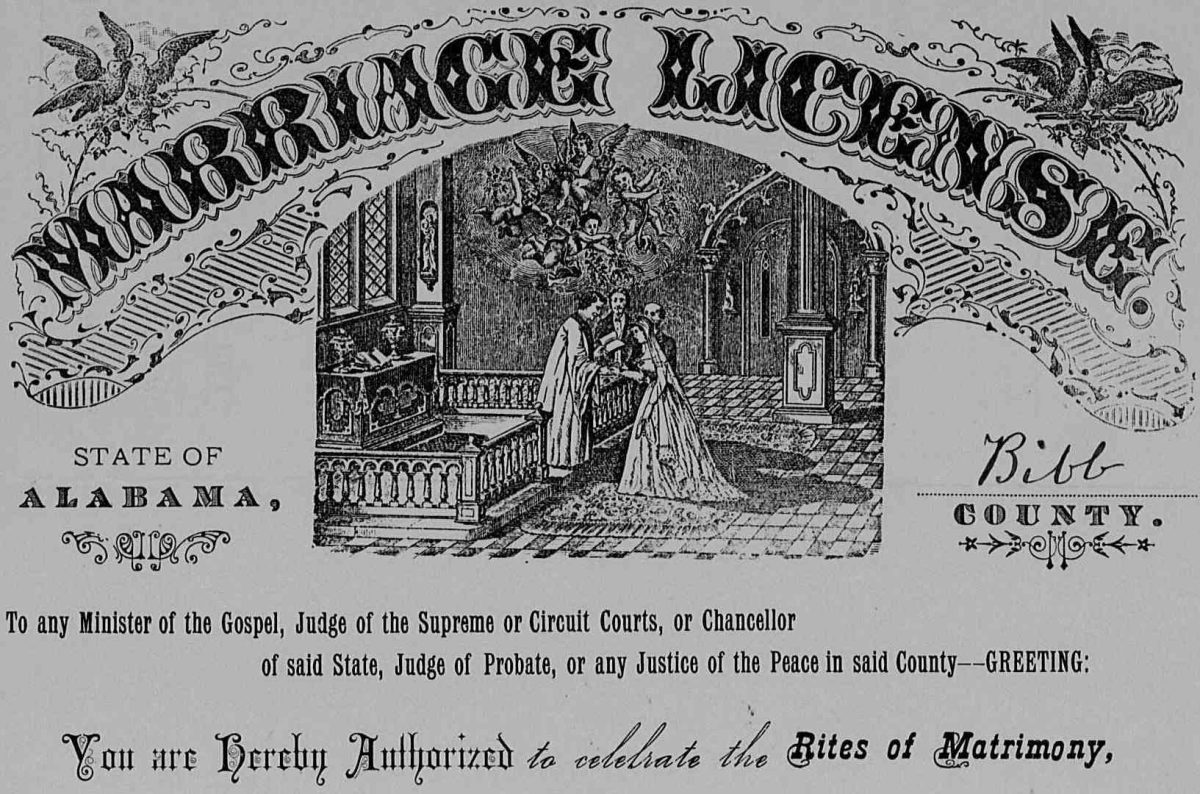Vital records in genealogy research are essential documents because they provide official documentation of significant life events, such as births, marriages, and deaths. These records should serve as the foundation of your family history research, helping you to verify relationships, trace your lineage, and learn more about your ancestors’ lives.
Birth, marriage, and death records
Birth records typically contain information about a person’s name, date and place of birth, and parents’ names. Marriage records often include the names of both spouses, their ages, places of residence, date and place of marriage, and the names of their parents. Death records can provide the deceased’s name, age, date and place of death, cause of death, and sometimes even details about their spouse, parents, or children.
The role of vital records in documenting family history
Vital records play a critical role in documenting your family history, as they help establish relationships between individuals and generations. By connecting birth, marriage, and death records, you can create a clearer picture of your family tree and gain a better understanding of your ancestors’ lives.
The wealth of information found in vital records
Vital records are a treasure trove of information that can help you piece together your family’s story. They often contain rich and fascinating details about your ancestors, which can aid in your research.
Personal details
Vital records often contain personal information, such as full names, ages, occupations, and residences. This information can help you identify and differentiate between individuals with similar names or provide clues about their lives and social status.
Family connections
One of the most valuable aspects of vital records is their ability to establish family connections. By examining the names of parents, spouses, and children found in these records, you can start to build your family tree and identify previously unknown relationships.
Historical context
Vital records can also offer insights into the historical context of your ancestors’ lives. For example, you might discover that a particular ancestor lived during a significant historical event, such as a war or a major social change. Understanding the historical context can help you better appreciate the challenges and experiences that shaped your ancestors’ lives.
In conclusion, vital records in genealogy are a crucial resource for genealogists. They provide essential information about your ancestors, help you establish family connections, and offer valuable insights into the historical context of their lives. As you continue your research, these records will serve as the foundation for your family history, guiding you through the fascinating journey of discovering your roots.

